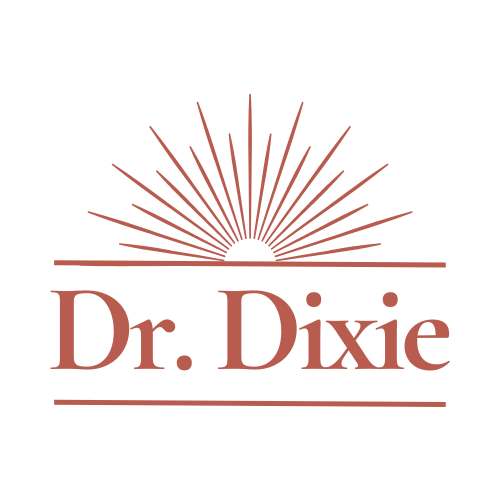The Ultimate Guide to all things Protein (And How Much Do You Really Need?)
Protein is one of the three essential macronutrients—alongside fats and carbohydrates—and it’s found throughout your entire body. In fact, over 10,000 different proteins help make up everything from your muscles and bones to your hormones and immune system. They’re all built from amino acids, which are like the bricks of a house. Unlike carbs and fat, your body can’t store protein for later. That’s why it’s critical to keep replenishing it throughout the day to keep your body working at its best.
Why Protein Matters: The Daily Body Mechanic
Here’s what protein is doing behind the scenes every single day:
Helps you recover and become stronger: No matter your movement, protein repairs and rebuilds your muscles so you can keep moving with ease.
Regulates your hormones and metabolism: Protein supports the production of key enzymes and hormones that affect everything from your energy and mood to your metabolism.
Boosts your immune system: Many of your body’s defenders—like antibodies—are made of protein, helping you stay healthy and fight off potential infections.
Feeds your skin, hair, and nails: Protein helps produce collagen and keratin, the proteins behind strong nails, glowing skin, and shiny hair.
Improves satiety & supports weight loss: Since protein takes longer to digest, it's the most satiating macronutrient, which naturally reduces cravings for high-carb snacks and helps stabilize your blood sugar.
The Protein-Mood & Weight Connection (New Research)
Recent research highlights the profound impact of adequate protein on mental well-being and body composition:
Lower Risk of Depressive Symptoms: Studies consistently show that higher total protein intake is inversely associated with the risk of depressive symptoms in adults. Amino acids are the precursors for vital neurotransmitters like Serotonin (mood stability) and Dopamine (motivation), meaning sufficient protein feeds your brain’s "feel-good" chemical production.
The Carb-Limiting Effect: Protein intake is often the primary driver of successful weight loss on low-carbohydrate plans, mainly because of its powerful effect on satiety. When you prioritize protein at meals, you naturally feel fuller, leading to a spontaneous reduction in your consumption of high-calorie, easily digestible carbohydrates, which supports fat loss.
How Much Protein Do You Really Need?
Protein needs vary significantly based on your health goals, age, body weight, and activity level. The widely cited Dietary Reference Intake (RDA) of 0.8 g/kg (0.36 g/lb) is set to prevent deficiency, not to optimize muscle mass or performance.
Top researchers, including Dr. Rhonda Patrick, advocate for a higher intake to promote longevity and muscle health:
Goal/Life StageRecommended Daily IntakeActionable Example (150 lb / 68 kg Person)
Sedentary Adult (Minimum)0.8 g/kg (0.36 g/lb)≈54 grams per day
Active/Resistance Training1.6–2.2 g/kg (0.7–1.0 g/lb)≈109–150 grams per day
Adults Over 50 (to prevent Sarcopenia)1.0–1.2 g/kg (0.45–0.55 g/lb)≈68–82 grams per day
Note on Weight: If you are significantly overweight, calculate your protein needs based on your lean body mass to ensure you are feeding your muscle without overestimating your requirements.
⏱ Protein Timing: Distribution is Key
Forget rushing home for a small "anabolic window." Modern science shows that total daily intake and even distribution are the most powerful factors.
Spread It Out: Aim for 25–40 grams of high-quality protein at each main meal (breakfast, lunch, and dinner). This consistent dosing is critical to continually stimulate muscle repair over 24 hours.
Don't Skip Breakfast: Many people fall short in the morning. Front-loading your protein with a 25–30g dose at breakfast helps jumpstart your muscle synthesis and provides sustained energy.
The Pre-Sleep Boost: For enhanced overnight recovery, consider a final high-protein meal or snack (turkey, Greek yogurt, or cottage cheese) before bed to keep muscle repair running while you sleep.
Complete vs. Incomplete Proteins
Complete Proteins-Contain all 9 essential amino acids your body cannot make on its own. All animal sources (Meat, Eggs, Fish, Dairy), and select plant sources (Soy/Tofu, Quinoa, Hemp Seeds).Incomplete Proteins- Lack one or more of the 9 essential amino acids.Most plant sources (Legumes, Nuts, Seeds, Grains).
For Plant-Based Eaters: Since plant proteins generally contain lower amounts of the crucial amino acid Leucine, aim for a variety of sources to ensure all amino acids are covered. This is easily achieved by combining:
Legumes + Grains: (e.g., Black Beans and Rice)
Nuts/Seeds + Legumes: (e.g., Hummus and Sesame Seeds)
Soy-Based Products: (e.g., Tofu and Tempeh)
Protein isn’t just for gym-goers—it’s for you, every day. It helps power your workouts, regulate your energy and mood, and support long-term vitality.
Beauties! This can be cahllenging, I’m here for you! Iv’e been vegetarian, vegan, low carb, pregnant breastfedding. Let me help guide you to getting exactly what is best for you in this phase of your life. Book a discovery call and see if we are a god match!! Dr.Dixie

